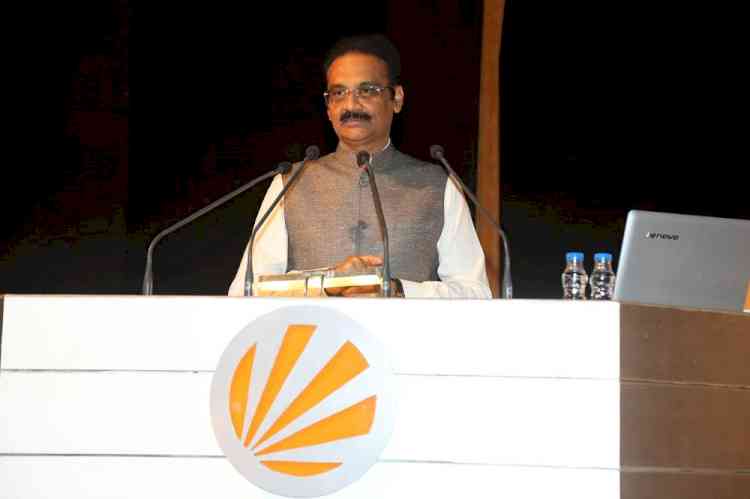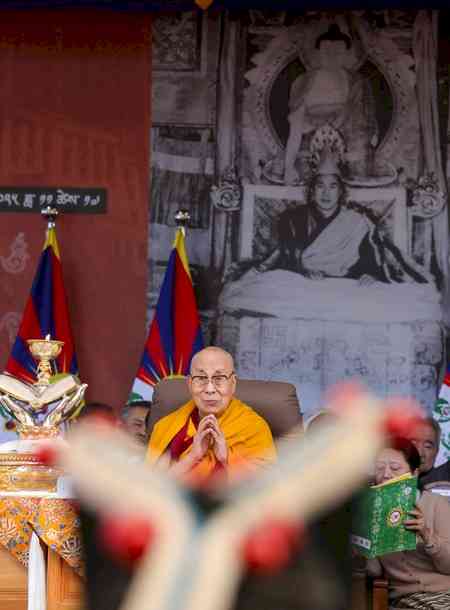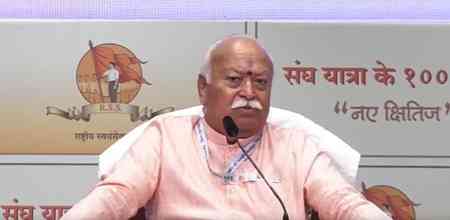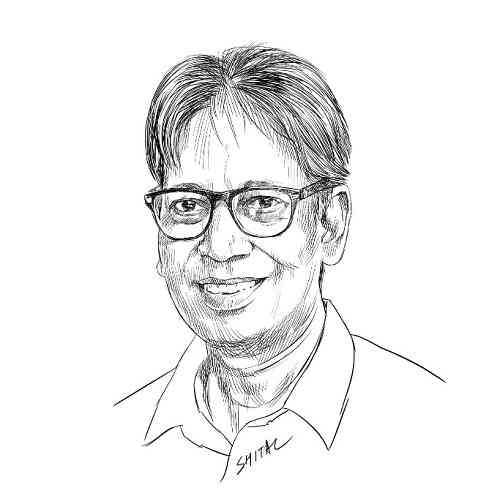Special lecture on topic “The Conflict in Middle East: Hamas and Israel''
Department of Defence and National Security Studies, Panjab University in collaboration with Department of Public Administration, Punjab University organised a special lecture on the topic “The Conflict in Middle East: Hamas and Israel '' by Maj. Gen. Amarjit Singh, (Retd.), Director at Gyan Chakra Think Tank, in the Department of Public Administration, Panjab University, Chandigarh on Friday.
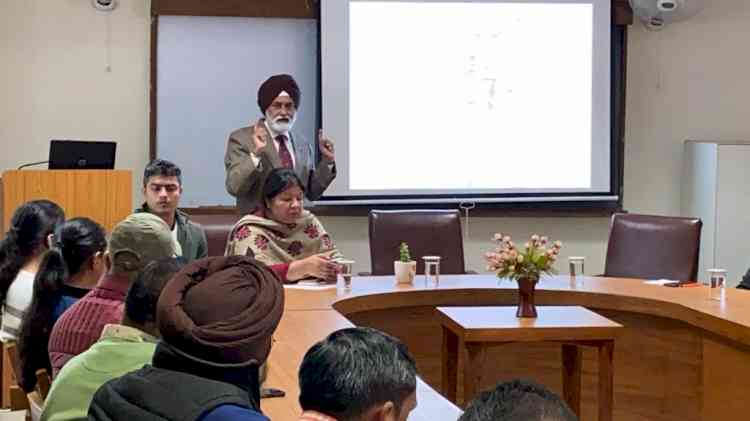
Chandigarh, February 15, 2024: Department of Defence and National Security Studies, Panjab University in collaboration with Department of Public Administration, Punjab University organised a special lecture on the topic “The Conflict in Middle East: Hamas and Israel '' by Maj. Gen. Amarjit Singh, (Retd.), Director at Gyan Chakra Think Tank, in the Department of Public Administration, Panjab University, Chandigarh on Friday.
Dr Bhawna Gupta, Assistant Professor at Department of Public Administration welcomed the Speaker and introduced the theme of the lecture by giving its objectives. The conflict in Gaza and Israel is causing immense human suffering and has consequences with impact on both people and economies of the world.
Maj. Gen. Amarjit Singh traced the historical and present status of Israel-Palestine conflict. He discussed in detail the roots of the conflict that lie in the historical and religious narratives of the people in this region. He delved particularly on the events in the late 1940s and 1950s that led to conflicts and eventually into war and further he discussed reasons and outcomes of the Arab-Israeli wars in 1948, 1967 and 1973. Further, he also discussed how these wars shaped the political discourse and the geopolitics of the Middle East region.
He charted the course of prominents political organisations in Palestine like Palestine Liberation Force and Hamas and how they shaped the political and security discourse in the country and its relations with Israel. According to him, the role of the UN has been limited in this conflict and it has not been able to provide any lasting solution to this dispute. The Indian government condemned the terrorist attack of 7 October in the strongest language and stood firmly with the Israelis in the aftermath of the attack. But with the ongoing humanitarian crisis in Gaza, the Indian government asked for restraints, dialogue and diplomacy. He concluded that the seed of the ongoing hostilities lie in the complex history of this region.
The lecture was followed by active interaction amongst the faculty and students on this important issue. Dr.Shaveri Thakur gave a vote of thanks and emphasised a need to develop a more comprehensive understanding of this complex issue. The seminar was attended by the faculty, research scholars, students of the University and also serving military personnel.



 City Air News
City Air News 

